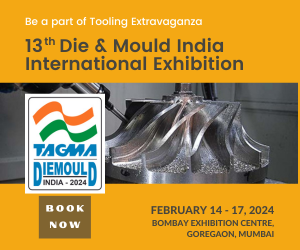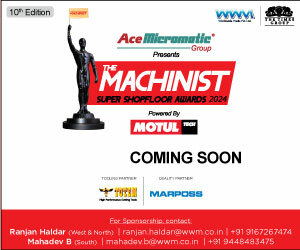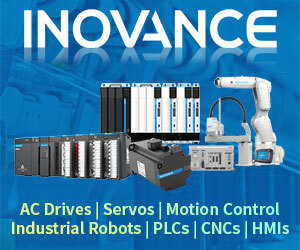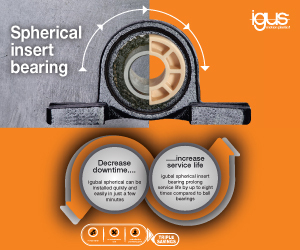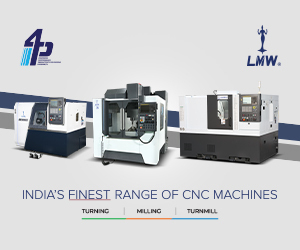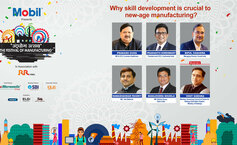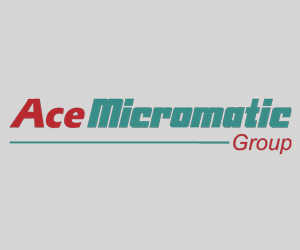
Visaka Industries was founded by Dr. G Vivekanand in 1983. How would you briefly describe the evolution of the organisation since then?
Dr G. Vivekanand has laid the foundation based on the core values. He has led the business from a single unit manufacturing roofing sheets to a business house that has 12 manufacturing units representing four different business verticals. The evolution has been strategically planned, and timely decisions have been taken to expand the portfolio, enabling us to be a market leader in the segments we operate in. The journey has not been simple. I am speaking from my own experience in the last one decade of association with the organisation. There have been many ups and downs, and it is the choices that we made at every juncture that have helped shape what we are today. Our professional teams are imbibed with an entrepreneurial spirit.
How's been your personal journey with the Group as a second-generation entrepreneur?
The journey is continuing as I transition from a trainee to a chief business strategist. I venture into new businesses and improve operational efficiencies and margins as a joint managing director. I develop solutions to address industry challenges. I convinced the board and leadership team to look at sustainable products and transformed our portfolio under Vnext by Visaka. The product portfolio has been well received in the market, making us the largest manufacturer and supplier of the products to meet domestic and international market demands. The introduction of Atum coupled with sustainable housing solutions, has been trending in the renewable energy space with a sold-over capacity of one MW within a short period.
What are the various business verticals where Visaka has presence?
We are into cement roofing sheets, fibre cement boards, textile yarn and sustainable housing solutions powered by Atum. Our business verticals have also been contributing to the cause and have helped in a direct saving of over 4,00,000 trees. These have been a replacement to plywood, and a total of almost 43 million pet bottles have been saved straight from dumping.
What kind of market position and market share do you have in these verticals?
We are the largest market leader in India for fibre cement boards with a market share of over 35 per cent. Then, we are the second largest in cement roofing sheets with a market share of close to 20 per cent. Our textile yarn is unique in positioning, and it is supplied to all major textile/garment manufacturers across the globe for various applications. Our sustainable housing solutions powered by Atum are paving the way and recently have been featured at the United Nations Habitat.
What is the disruption that you are bringing in for your customers?
Our innovative products range is getting extended from time to time, offering customised solutions in the building materials space. Apart from delivering quality products and services, we have been enabling our dealers, distributors and applicators to connect and move forward digitally. It is helping us raise awareness levels among all the stakeholders involved in the process to have a unique opportunity in achieving the sustainability goals by adopting eco-friendly products.
How strong is the Company's manufacturing prowess in terms of its capacities and capabilities?
Our manufacturing facilities are located strategically to meet the consistent demands both from urban and rural customers. The capacity utilisation is always above 90 per cent, and the capabilities are well aligned to adjust to seasonal fluctuations if any. With our existing portfolio of integrated systems, the productivity levels are monitored. Measures to improve the energy efficiency help us set various benchmarks in the industry segment we operate.
We have also been continuously investing in innovation, and most of our in-house simulations have been successfully setting benchmarks. They are tested at reputed international and national testing agencies.
How are you managing costs at the manufacturing level to ensure good quality at competitive prices?
Executive committees manage all the functions of the company. Hence, products are made timely at optimal costs and manufacturing parameters are monitored to take corrective action at regular intervals. It is helping us ensure productivity with good quality at a minimal cost. We also regularly review the market-driven supply-chain dynamics and ensure the volumes are placed to meet the consistent demands of both raw materials and finished goods. It has been the reason for Visaka's highest EBIDTA margins in the industry.
Tell us about the company's focus in the exports segment.
We have footprints in over 25 countries and seen 60 per cent growth over the last couple of years in exports. Renowned international testing agencies certify our quality products. They have been the unique selling proposition, and we are the only company from India approved by Dubai Civil Defence.
Most recently, our innovative sustainable housing solutions powered by Atum have been featured at the United Nations Habitat, Kenya, as a model to address sustainable housing for masses.
What was your turnover in the last FY, and what is the projection for the current FY?
We have crossed the Rs.1100 crore mark, and we are anticipating growth of 20 per cent in the fibre cement boards division with double-digit margins. The roofing sheets business is expected to grow at four per cent, and our textile yarn might add four per cent for the coming year.
What is your vision for the organisation? Where do you see it five years down the line?
Visaka Industries had a single product 35 years ago. Over the years, we have been able to add a wide range of products from clothing and shelter to now eco-friendly products like Vnext and Atum. The goal is to create a sustainable environment for the future. We aim to identify and develop products that would add value to our society, country and the planet at large.
Five years down the line, we envision the company to be a leader in sustainable development. We plan to offer solutions in the market that would have a positive impact on the way infrastructure is designed, developed and built.
END











